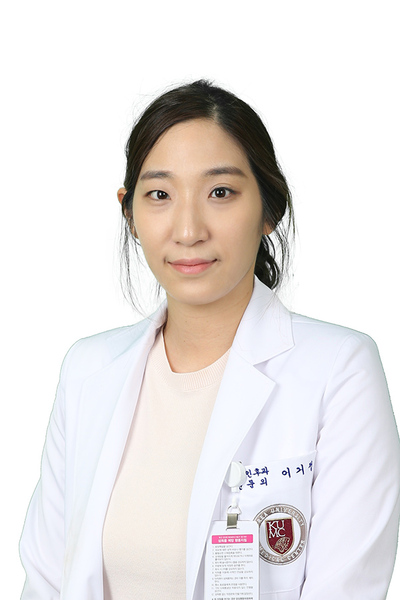Input 2020-12-17 10:52 | Revision 2020-12-17 10:52
–
▲ Ki-Jung Lee, Professor of Ancient Anam Hospital. ⒸKorea University Anam Hospital
–
–
Nowadays, where fine dust and cold weather alternately appear, it is not easy to ventilate the room once, but without ventilation, the indoor air becomes cloudy and the organic gas concentration increases. In particular, people suffering from allergic rhinitis need to be cautious as symptoms may worsen due to constant exposure to allergens such as mold or house dust mites.
On the 17th, Lee Ki-jeong, a professor at the Department of Otorhinolaryngology at the University Anam Hospital, shared health information on the importance of’allergic rhinitis and winter ventilation’.
Allergic rhinitis is one of the most common chronic diseases in both adults and children, and in Korea, 15-20% of the population suffers from allergic rhinitis.
Allergic rhinitis is often confused with a cold nose. When exposed to allergens, the nasal mucosa becomes hypersensitive, resulting in inflammatory nasal disease, clear runny nose, stuffy nose, sneezing, itching, and other symptoms, and a burning sensation in the eyes is often accompanied.
Professor Lee said, “When allergic rhinitis becomes severe, learning and work efficiency may decrease due to discomfort and stress caused by symptoms. It is recommended to actively treat it as it can lower the overall quality of life and adversely affect health, such as memory loss, concentration loss, and sleep disturbance.”
In particular, he recommended, “If you or someone in your family has allergic rhinitis, you should also manage your home environment consistently through frequent ventilation even in winter.”
In order to reduce the occurrence of allergic rhinitis, which is a combination of genetic and environmental factors, identifying the causative agent and keeping it away is a fundamental solution.
House dust mites, pollen, animal hair, mold and insect debris are the main triggers, and individual triggers can be found through skin terminal tests and blood tests.
A nose wash can help as a way to relieve symptoms of allergic rhinitis. It removes inflammatory mediators collected in the mucus in the nose and helps cilia exercise to improve symptoms.
For drug treatment, oral antihistamines or spray-type formulations sprayed directly onto the nasal mucosa may be used. You can also consider immunotherapy to suppress allergic reactions.
Prof. Ki-Jeung Lee said, “It is good to find an antigen that causes allergy and avoid contact with the antigen. When living at home is long like these days, it is important to reduce causative substances in the home environment through adequate ventilation.”
<!–
Press releases and article reports [email protected]
[자유민주·시장경제의 파수꾼 – 뉴데일리 newdaily.co.kr]
Copyrights ⓒ 2005 New Daily News-Unauthorized reproduction, redistribution prohibited
–
Vivid
Headline news Meet this visual news.
–
Please enable Javascript to write lively comments.
–


